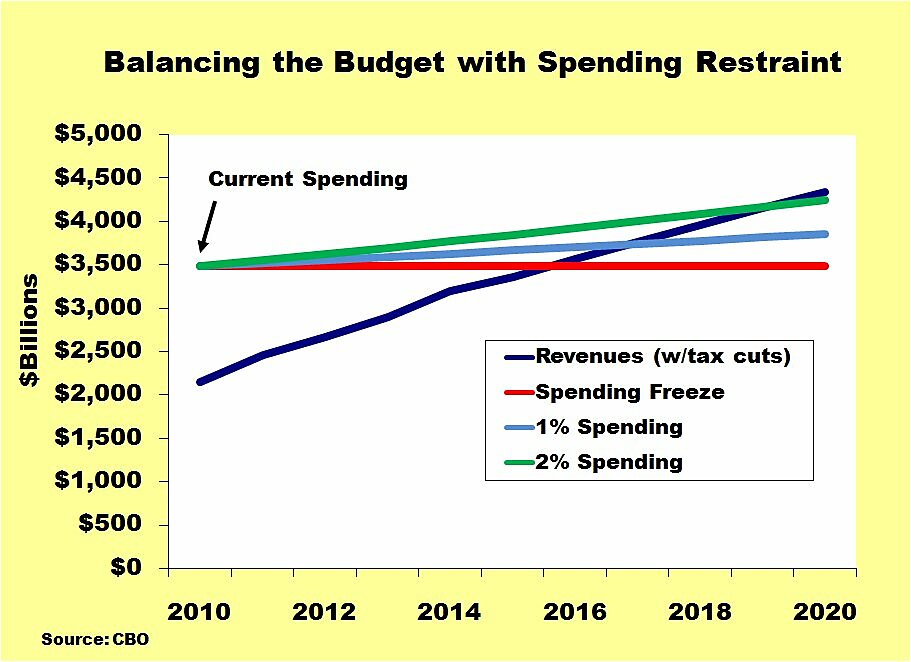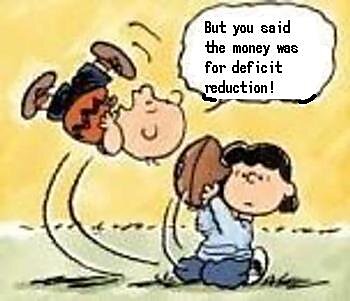Yesterday the Education Trust — a group focused on educational equity — released the latest righteousness-dripping attack on for-profit colleges and universities. I won’t go into the whole thing, but will offer one critique as kind of a teaser for some of the insights to expect from next week’s Cato forum “Profiting from Ivory Towers.”
As seems to be standard in these kinds of reports, the authors take the worst data they can find for for-profit schools, conduct an apples-to-pears comparison to public and private nonprofit institutions, and declare for-profit schools demons of the first order. Case in point:
To start with completion rates, among first-time, fulltime, bachelor’s degree-seeking students who enroll at for-profit institutions, only 22 percent earn degrees from those institutions within six years. By contrast, students at public and private nonprofit colleges and universities graduate at rates two to three times higher—55 and 65 percent, respectively.
That looks pretty bad for for-profit schools. But here’s the thing: For profits argue — and there seems to be general agreement on this — that they take disproportionate percentages of “underserved” students, presumably deserving people other schools leave behind. Since getting such people college degrees is a central Education Trust mission, it seems that what should be important is how good a job schools do at getting those underserved students a diploma, not all students.
Unfortunately, we don’t have good income data for students, but we do have a couple of proxies to help answer this important question.
The first proxy is offered by the Education Trust itself, which gives six-year graduation rates in four-year institutions broken down by the percentage of students receiving Pell Grants at the schools. (Pell Grants are federal grants aimed at low-income students.) Looking at the stratum of schools with 67–100% of students receiving Pell Grants, the graduation rate at for-profit schools is only 1 percentage point lower than public schools, and five points higher than private nonprofits. The report doesn’t say how many schools fall into this group, importantly, but that the Education Trust’s own report gives a hint that when it comes to educating the most underserved students for-profits do no worse than other schools shouldn’t be ignored.
We can also examine federal data to get a more fair comparison. Using data from Table 5 of this recent report, we can see that if we use another rough proxy for underserved populations — in this case, minority status — graduation rate disparities are significantly different from the Education Trust’s picture.
First, when you look just at six-year graduation rates for bachelor’s seekers at four-year schools, the rates are indeed 55 percent, 65 percent, and 22 percent for public, private nonprofit, and for-profit schools, respectively. Look at African-American graduation rates, however, and, while they drop for all sectors, they drop by the smallest amount at for-profits. For African Americans, publics have just a 39 percent graduation rate, private nonprofits 45 percent, and for-profits 16 percent. Look next at Hispanic or Latino students and you’ll see something more dramatic: While Hispanic and Latino students’ graduation rates are lower than the overall rates in public and nonprofit privates, they are actually above the overall rate at for-profits.
How about two-year schools? Here for-profits appear to do much better than their competitors, both with overall and minority graduation rates. Indeed, while public schools graduate just 22 percent of their students overall, 14 percent of their African Americans, and 17 percent of their Hispanic and Latino students, for-profits graduate 60 percent, 49 percent, and 63 percent of those students, respectively. That’s really a crushing difference in the favor of for-profits, but the Education Trust authors can’t make themselves applaud the profit-makers for it. Instead, they complain that for-profit students have to go into debt to get those results. Needless to say, the fact that especially public schools are much cheaper to students because they get huge taxpayer subsidies right off the bat is not a point of emphasis for the Education Trust crusaders.
So is it the case that for-profit schools are actually really good? Hardly. While most of the data that’s been reported in the war on profits has been distorted to demonize for-profit institutions, there are lots of problems with using extent data to defend those schools. As Education Sector’s Ben Miller — who will be one of our panelists on November 30 — has rightly pointed out, federal graduation data is terrible for controlling for transfer rates and other important wrinkles. Moreover, almost no one — save, perhaps, yours truly – has pointed out what seems to be the real problem here: Not that one sector of higher education is worse than another, but that they all bring in students with thousands of ever-growing federal dollars — taxpayer dollars — attached to them, killing students’ incentives to economize and schools’ incentives to keep prices under control. In other words, almost every college and university is getting rich off of unprepared and/or overschooled students because you, not students or schools, are paying so much of the bill.
So there’s your teaser. To see how this plays out when all sides of the Ivory Tower Wars are in one place, come to Cato on November 30, or watch the forum live online!

